Articles
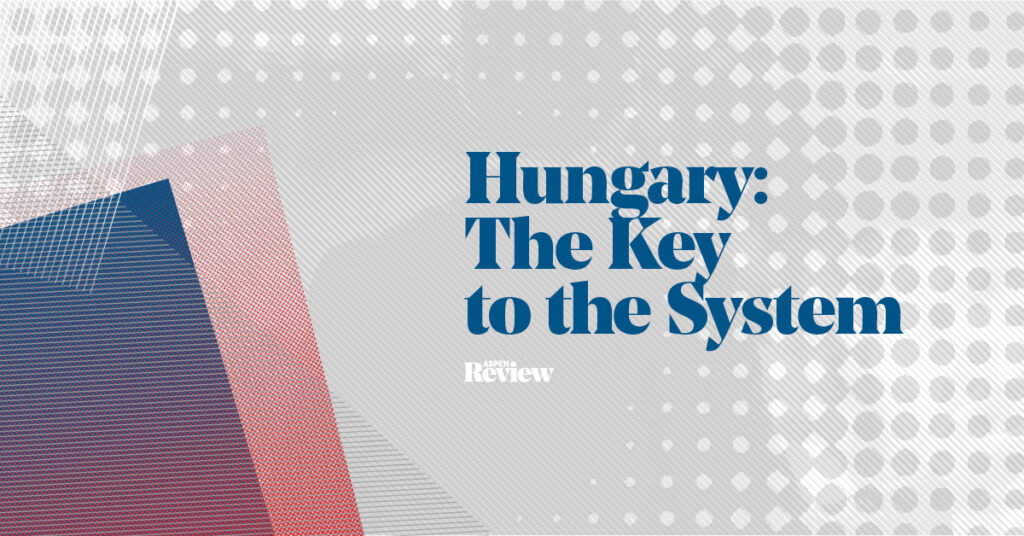
Hungary: The Key to the System
The stakes in the elections which will take place in Hungary on April 8 are much higher than it would potentially seem. Victory of the Fidesz-KNDP (Christian Democratic People’s Party) is certain, but the size of the majority in the National Assembly with 199 deputies remains the crucial question. Fidesz twice acquired a constitutional majority,…
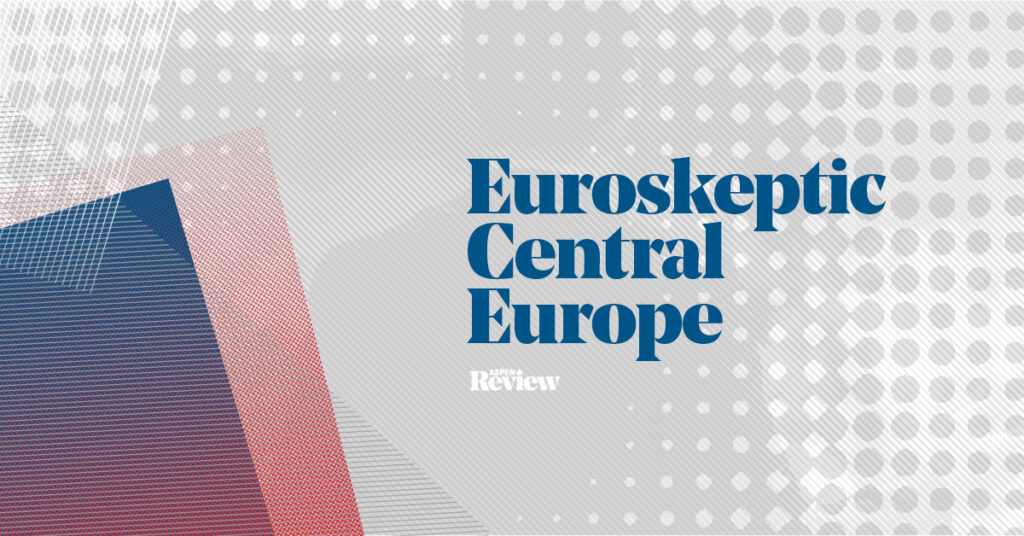
Euroskeptic Central Europe
Some leaders in Central Europe present it as the center of the European Union. In fact, it is the most Euroskeptic part of the EU, which with the exception of Slovakia will long remain beyond the mainstream of European integration. In early January 2018, Prime Minister Viktor Orbán, during a visit of the new Polish…
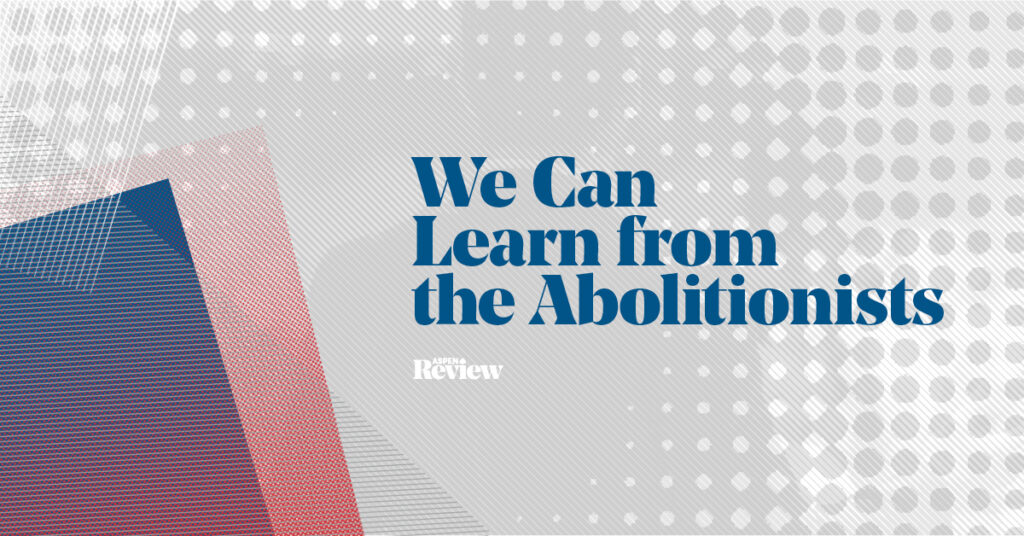
Adam Hochschild: We Can Learn from the Abolitionists
Sometimes you can hear the argument that the Civil War was not about slavery but about the right of the Southern states to self-determination. The problem is, when the Southerners were talking about self-determination, they always meant white men only—says Adam Hochschild in an interview with Jakub Majmurek. JAKUB MAJMUREK: Your book Bury the Chains…

Let Us Build Bridges Instead of Walls
We need young, capable people to pump new energy into our ageing Mother Europe. 1911–1923 My name is Franjo, I am 18 years old and I used to live in a small village in Croatia, which was then part of the Austro-Hungarian Empire. My father left us in 1910. I stayed home with my younger…
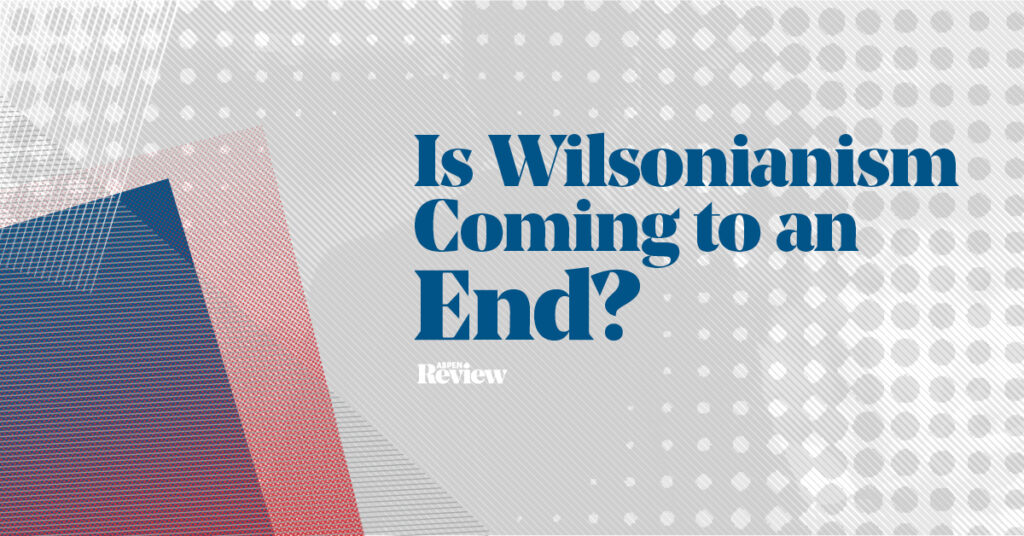
Is Wilsonianism Coming to an End?
The 100th anniversary of the speech known as The Fourteen Points, which US President Woodrow Wilson delivered on January 8, 1918, in the US Congress, confronts us with the question of whether the world order based on free trade and liberal interventionism, whose foundations Wilson helped to shape, can survive in the face of new…
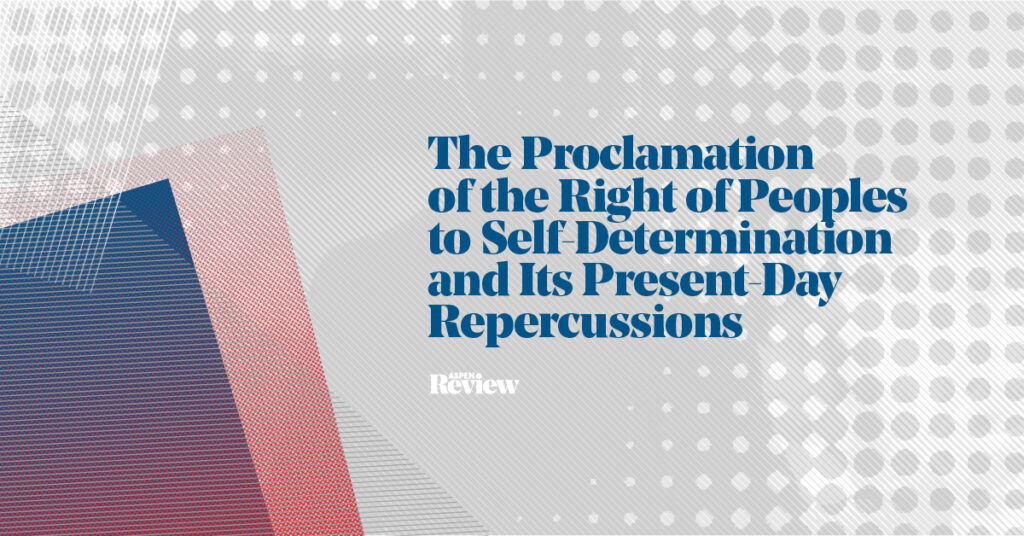
The Proclamation of the Right of Peoples to Self-Determination and Its Present-Day Repercussions
Woodrow Wilson must have assumed that in a world that would gradually become more and more interconnected thanks to the free market, the right of peoples to self-determination would play a key role only for a limited period. While the twenty-eighth president of the United States of America could be regarded as a political idealist,…
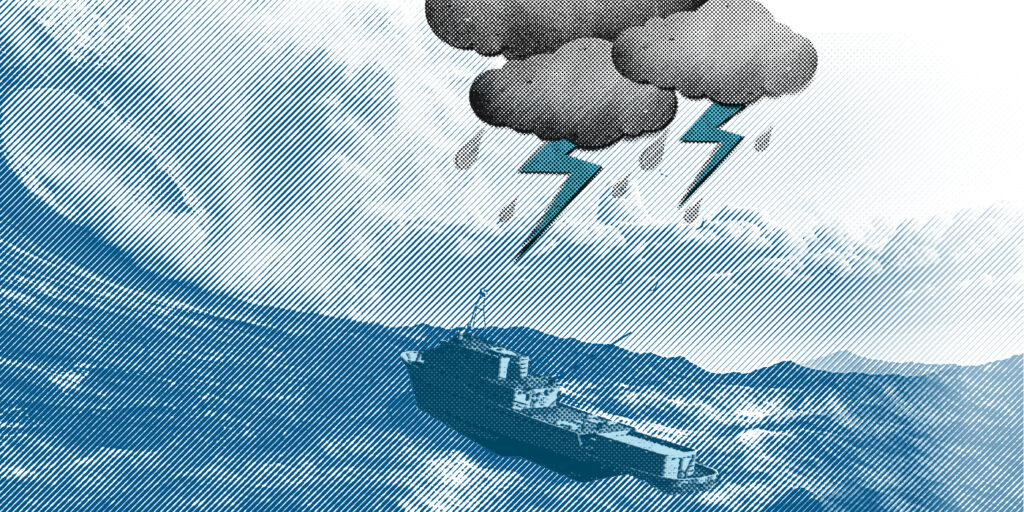
A Storm Front over The Atlantic
January 1918. President Woodrow Wilson appears in Congress and announces his list of Fourteen Points, fourteen goals the achievement of which was to guarantee decades of peace for Europe and the world. January 2018. The first year of Donald Trump’s presidency passes. The world is not threatened by a Great War, the economy is thriving,…

Wilson’s Fourteen Points and Their Consequences for Europe
Today the European system still wrestles with the very problems the 14 points were trying to address; how to embed Germany, contain Russia, and create a system of shared values. In 1917, after three years of bloody world war, Germany strained every nerve to force the issue. She resumed unrestricted submarine warfare in February in…
The Weak Go East
Matěj Hořava is supposedly 37 years old and lives in Georgia. What we know for certain is that his debut collection of short stories Palinka, released a few years ago, received the Magnesia Litera Award in the Discovery of the Year category. A well-known Czech critic said that for many years there had been no…

One Hundred Years After
Dear Readers, In January 1918 the US President Woodrow Wilson delivered a landmark speech to the Congress. In his speech—that became known as Fourteen Points—he de ned war goals and peace terms that created a framework for ceasefire in November 1918 and 1919 Paris peace agreements. He employed a concept of self-determination of nations and…

Myth over Math
Grand Hotel Abyss: The Lives of the Frankfurt School Stuart Jeffries (Verso, 2016) Amid the deluge of fake news it is attractive to blame 20th century academia’s supposed relativism, political correctness, and multiculturalism for the death of facts as a prevailing force in politics. The post-truth campaign tactics of Donald Trump, Nigel Farage, and others,…
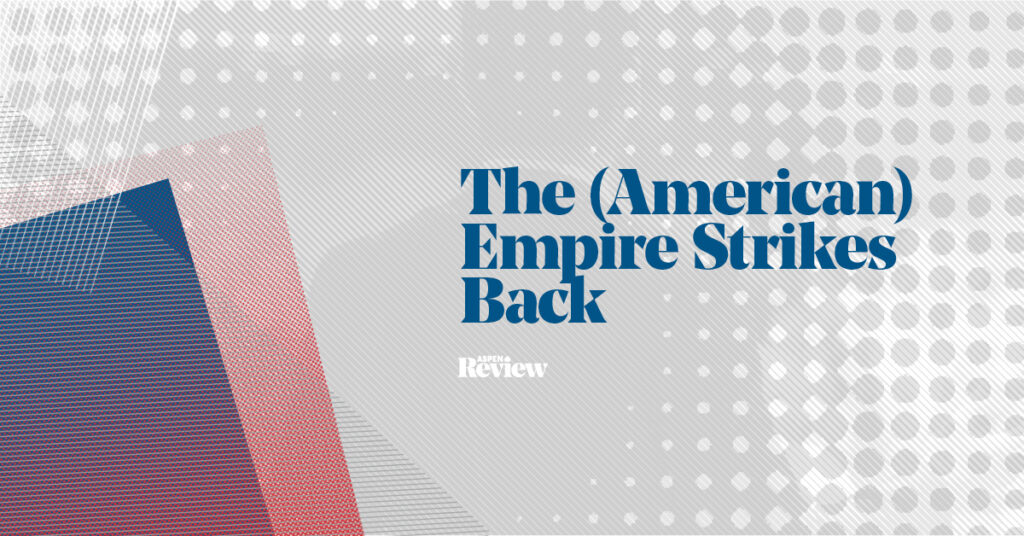
The (American) Empire Strikes Back
American Tianxia: Chinese Money, American Power and the End of History Salvatore Babones Policy Press 2017 When 28 years ago Francis Fukuyama published his famous “The End of History?” essay, world looked differently. It was just about to enter the “unipolar moment” when US dominance was unquestioned. Later, however, much changed and “history returned.” Washington…
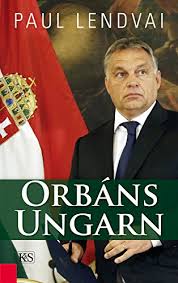
The Ruler of Orbánistan
Orbáns Ungarn Paul Lendvai Kremayr & Scheriau, Wien 2016, 239 s. These days it would be hard to find a European leader who stirs up as much emotion as Hungary’s Prime Minister Viktor Orbán. He especially caught the public eye in 2015 when the refugee crisis gripped Europe. An image that epitomized the crisis was…
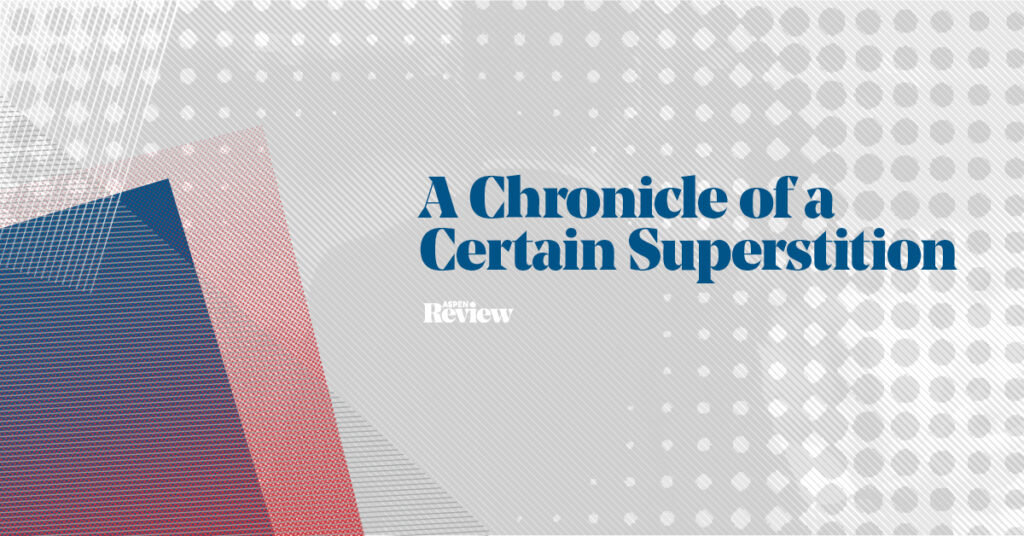
A Chronicle of a Certain Superstition
Międzymorze. Podróże przez prawdziwą i wyobrażoną Europę Środkową Ziemowit Szczerek (The Intermarium: Travels Across Real and Imaginary Central Europe), Agora, Czarne 2017, pp. 343. For almost one hundred years the concept of the Intermarium has been a synonym of political wishful thinking, ignoring both the political realities and the desires and interests of other nations…
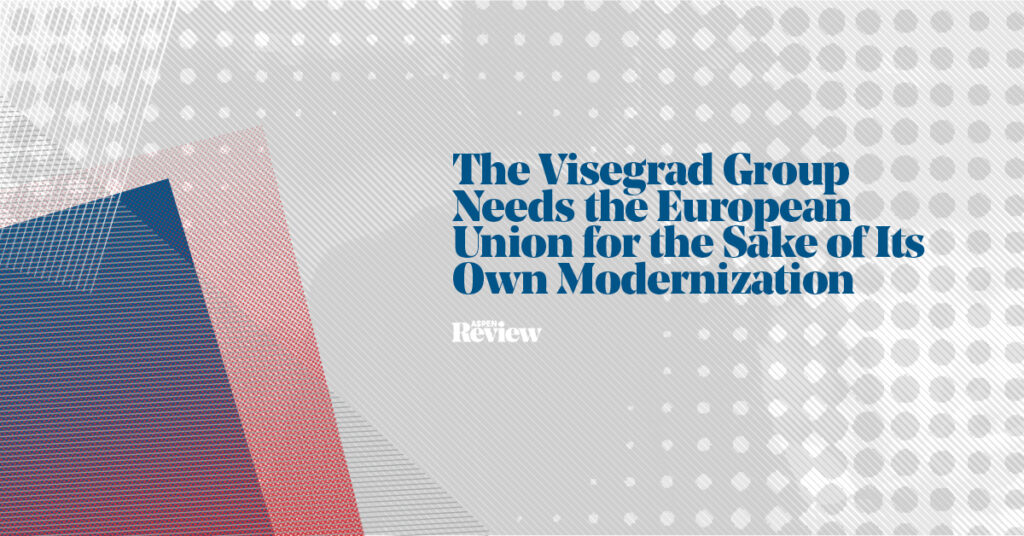
The Visegrad Group Needs the European Union for the Sake of Its Own Modernization
For the Visegrad Four countries, or 2+2 as they are sometimes known (i.e. Slovakia, Czech Republic, Poland, and Hungary), the European Union represents a modernization framework similar to one that the Austro-Hungarian Empire had once provided. A hundred years ago, 52 million people inhabited the Dual Monarchy. The 28 states comprising the present-day European Union…
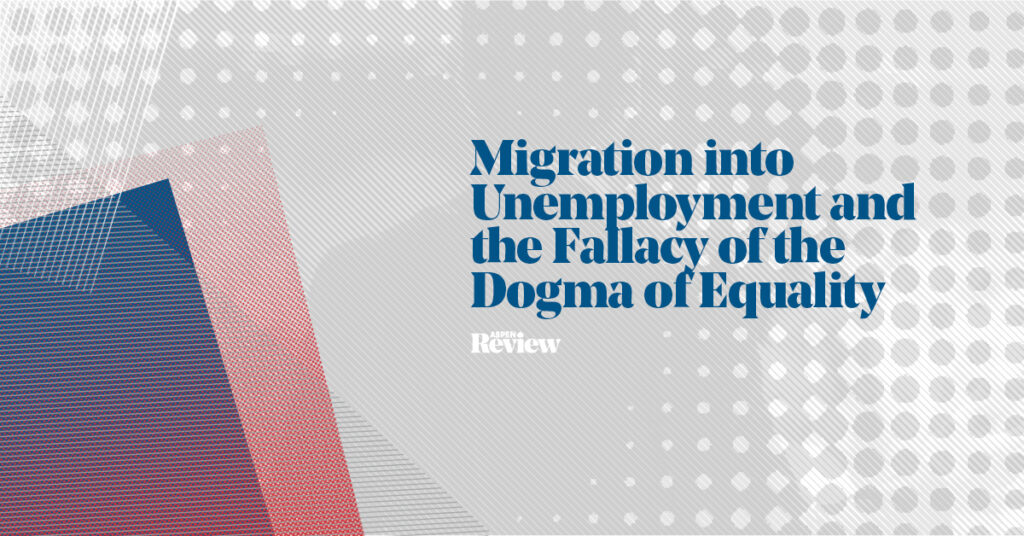
Migration into Unemployment and the Fallacy of the Dogma of Equality
All people are equal. We take this statement for granted. It is included in a number of international treaties and declarations. It has become a dogma. It is based on at least one completely fallacious premise resulting from a confusion of terms. However, it is not merely an intellectual problem since its impact on the…
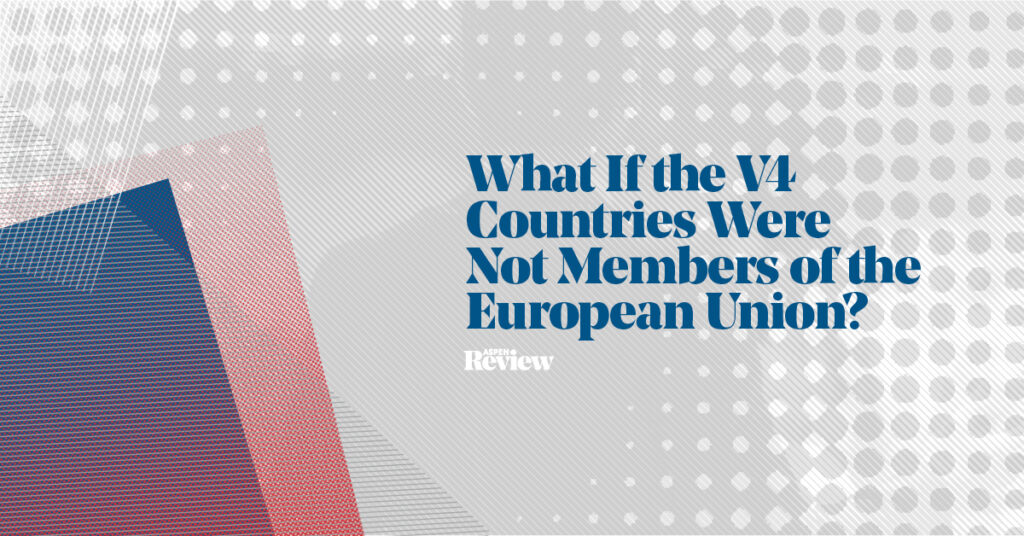
What If the V4 Countries Were Not Members of the European Union?
This question would not have gotten any attention a few years ago. During the first decade of membership, all expert or serious politicians, let alone the larger communities of the Visegrad Four countries, considered accession in 2004 as a qualitative cornerstone in their historical development from security, geopolitical, political, economic, and social point of view…
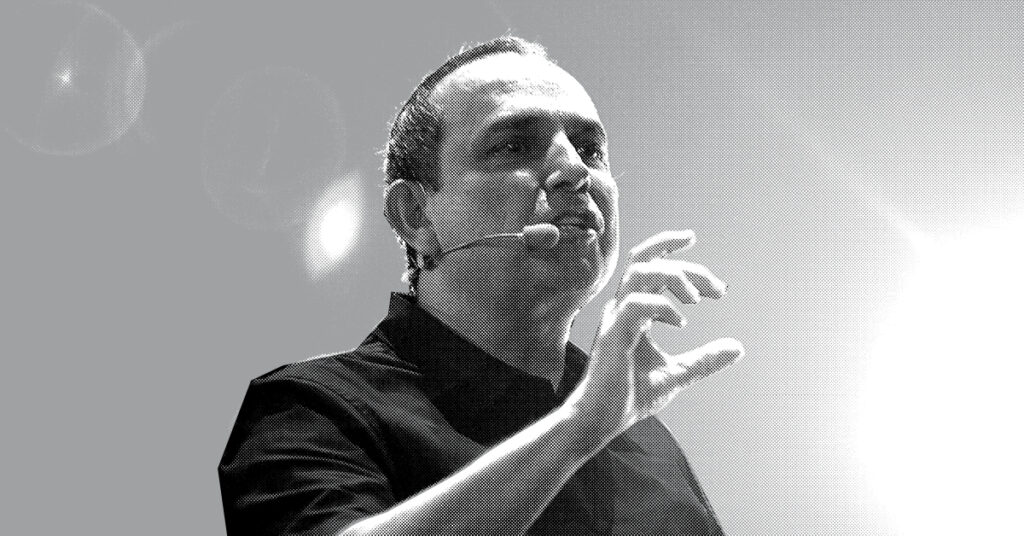
Teddy Cruz: Thinking Architecture without Buildings
Right now a passionate discussion is going on in the architectural field. On one side there are more socially conscious architects trying to find ways how their profession can improve lives of people living in marginalized and poor areas. And on the other side are those architects who claim this is rather a social work…
